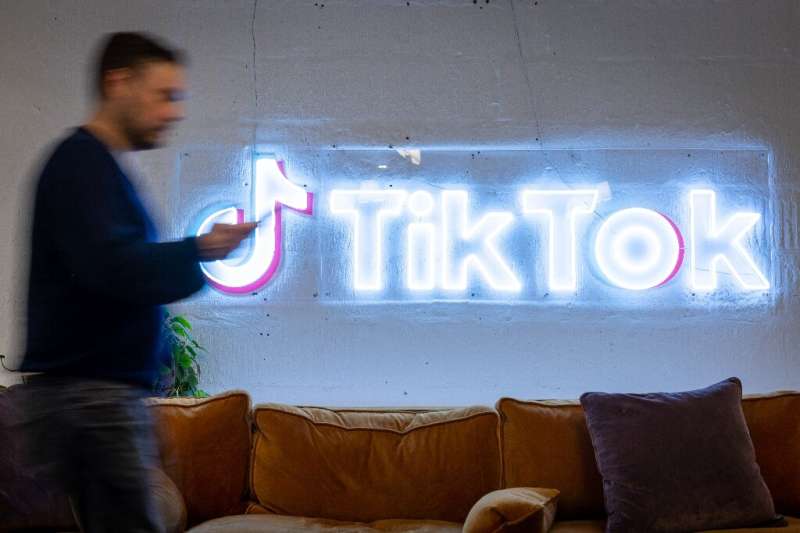Bhutan — the South Asian nation that is perhaps best-known for its philosophy of promoting gross national happiness over gross domestic product (GDP) — is facing economic headwinds.
With a population of fewer than 800,000 people, a global economic slowdown and nationwide COVID lockdowns. supply chains in the landlocked country wedged between China and India have been severly impacted.
Bhutan's small- and medium-sized businesses have been struggling to keep afloat.
Price hikes and food security concerns
"The situation in the country cannot be compared to that of Sri Lanka for now," Sangeeta Thapliyal, professor of South Asian studies at Jawaharlal Nehru University, told DW.
Sri Lanka's debt-laden economy collapsed after it ran out of money to pay for food, fuel and medicine, sparking months of protests.
However, Thapliyal said Bhutan was facing a similar set of economic problems to those currently besetting most national economies.
"The war between Russia and Ukraine has further worsened the situation especially with rising petroleum prices," she said. "Like other countries, Bhutan's economy has also witnessed inflation, economic setbacks and loss of jobs."
A strengthening dollar and falling Indian rupee — to which Bhutan's Ngultrum currency is pegged — is also leading to higher import costs, according to experts. That's far from ideal for a country that is heavily reliant on products from abroad.
"The restrictions imposed by India on wheat exports have increased worries of a further rise in local prices," a senior official of the Bhutan Chambers of Commerce and Industry told DW. "There is concern about food supplies."
Bhutan remains focused on its hydropower and tourism sectors, which generate revenue from outside the country.
Meanwhile, the share of Bhutan's manufacturing sector in terms of GDP has remained stagnant for over a decade, while the industrial sector was driven mainly by construction, mining and electricity.

Finance Minister Namgay Tshering has pointed out that Bhutan is headed toward an 'uncharted destination'
Such a framework has been making the economic structure vulnerable to sectorial and external shocks, since GDP, exports and government revenue are mostly generated from just two sectors.
At a recent meeting, Bhutan's finance minister, Lyonpo Namgay Tshering, said the government was not in favor of banning imports but would do its best to help protect foreign reserves.
"I can't say there is no threat of an economic crisis. I cannot say we are not in a crisis. At the same time, I cannot say we are comfortable," said Tshering, emphasizing that the Himalayan kingdom was headed towards an "uncharted destination."
The annual budget Tshering recently presented showed Bhutan's highest-ever fiscal deficit of 22.882 billion Nu (€283 million) — 11.25% of the country's GDP.
Foreign reserves drying up?
Data released in July by the Royal Monetary Authority of Bhutan showed foreign exchange reserves shrunk to $970 million (€955 million) at the end of December from $1.46 billion in April 2021 — while total external debt rose to $3.2 billion from $2.7 billion before the coronavirus pandemic.
The country has sufficient foreign reserves to meet the import of essential goods for 14 months. Bhutan's constitution mandates the country to maintain enough foreign currency reserves to meet 12 months of imports.
"We are an import-dependent country. We have to begin to look at other sectors and reformulate polices that can bring revenues to revive the economy. Investing in new technology for agriculture can be a start," Ugyen Penjor, the CEO of Kuensel, the national newspaper of Bhutan, told DW from the capital, Thimpu.
"We have not hit the panic button yet but the trade deficit is increasing," he added.
For now, efforts are focused on addressing the issue of trade deficit to prevent Bhutan from dipping into its foreign currency reserves.

Water from the Himalayas has proved a boon to Bhutan's hydropower sector
Reviving Bhutan's tourism industry
Pema Tenzin, president of the Association of Bhutanese Industries, was upbeat about the impending financial crisis.
"The tourism sector has been affected, and the void brought about a standstill in infrastructural projects because the pandemic has affected some livelihoods. But we will bounce back," Tenzin told DW.
Tourism — which employs over 50,000 people and is one of the highest contributors to Bhutan's revenues — was hit the hardest of any sector.
Revenue from tourism plunged by 41% in 2019–2020 compared with the previous year.
Only 28,000 visitors came to Bhutan in 2020, generating a revenue of $19 million (€18.67 million). That was down significantly from 2019's figure of 315,599 tourists, which generated $225 million, according to government figures.
The mountainous nation will reopen to international tourists from September for the first time since the pandemic began more than two years ago.
However, rates have been upped, and a sustainable development fee of $200 (€196) will be charged per tourist per night — a hike from the $65 fee that was charged for three decades.
Hydropower boom
Bhutan's economic development is linked to the growth of its hydropower sector. The country exports about 70% of energy generated to India.
India is also Bhutan's largest export market, the most important trade partner, accounting for 50% of Bhutan's trade, and one of the top foreign investors in the country, while Bhutan has been crucial to India's Neighborhood First and Act East policies, which aim to boost trade and energy links in the region.
There are fears that a prolonged economic crisis could sour relations between India and Bhutan, a situation which China may be positioned to take advantage of.
Bhutan has so far maintained a unique alliance with India, while having neutral dealings with China.
"In this situation. it is essential for India to help Bhutan, with whom it has a special relationship," said Thapliyal.
"An economically strong India capable of helping Bhutan in meeting its economic challenges would hold the bilateral relations strong and stable in the long run," she said.
Edited by: Keith Walker


















